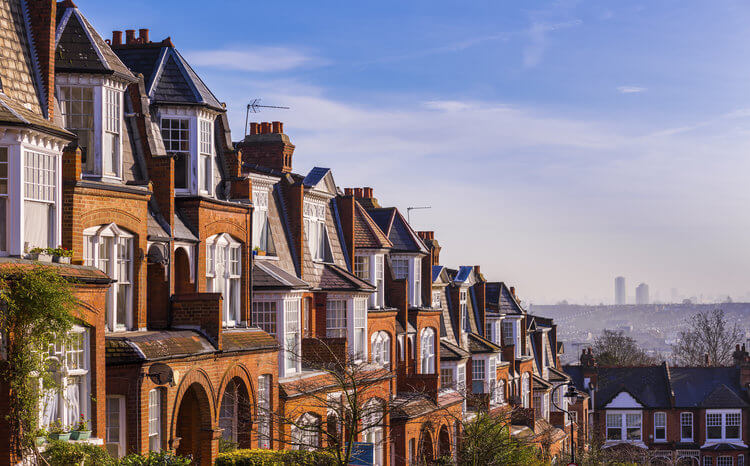Although the hold in rates was widely anticipated the Bank has continued to make it clear that it will only start to cut rates once inflation is under control.
The uptick in the rate of inflation in December is not expected to prevent the easing of inflation in months to come. However, it remains some way off the Bank’s target rate of 2% so a reduction in rates may not come until it is clearer that rising living costs have stabilised.
Here, we explain why inflation affects base rate movements, and how your mortgage is affected when rates rise and fall.
What is inflation?
Inflation is the rate at which the cost of goods and services we use increases over time. To work out the current inflation rate, the Office for National Statistics checks the prices of hundreds of things we regularly buy, such as a pint of milk or packet of biscuits. It also includes larger purchases, such as meals out and holidays.The government’s current inflation target is 2%, but the rate has been considerably higher than this in recent years, which resulted in a series of increases in the Bank of England base rate from December 2021 onwards.
Rising interest rates can help ease inflation, as they make borrowing more expensive, reducing consumer spending and taking the steam out of rising prices.
What is bank rate?
The bank rate is the same as the base rate and is the main interest rate in the UK that is set by the Bank of England. It’s important as it influences the amount of interest you’ll earn on your savings, and how much interest you’ll pay on your borrowing.However, the interest rates banks and building societies will pay or charge you depend on several factors as well as the bank rate, so they won’t exactly match the bank rate. For example, if you’re taking out a loan or mortgage, lenders will factor in the risk to them that you won’t be able to pay back what you owe.
How does bank rate affect my mortgage?
When the Bank of England raises the base rate, variable mortgage rates usually increase too. If you have a tracker mortgage, which tracks the base rate plus a set percentage, then any rise in the base rate will be passed on in full straightaway. If you have any other type of variable rate mortgage, it’s up to individual lenders whether they pass on the full increase, but most will raise their rates in line with the base rate.Similarly, if the base rate falls, those with tracker mortgages will benefit from lower payments the following month, with homeowners on other variable deals at the mercy of their lenders when it comes to reducing their rates.
It’s a different story if you have a fixed rate mortgage, as your payments will remain the same whether the Bank base rate rises or falls. Fixed mortgage rates are largely determined by ‘swap rates’ rather than base rate movements. These are the rates bank pay to borrow from each other. When the wholesale cost of borrowing increases, mortgage rates also go up, meaning steeper costs for homebuyers and those looking to remortgage, whereas when it falls, fixed mortgage rates also come down.
Recent weeks have seen many lenders reduce their fixed mortgage rates in response to lower swap rates prior to the latest inflation announcement. Bear in mind, however, that these deals might not be around for long, so if you spot a mortgage you like, you may want to secure it sooner rather than later.
Many mortgage and remortgage offers are valid for up to six months from the date they are issued, so even if your current deal lasts for a few more months, you can start your search for your next mortgage now.

